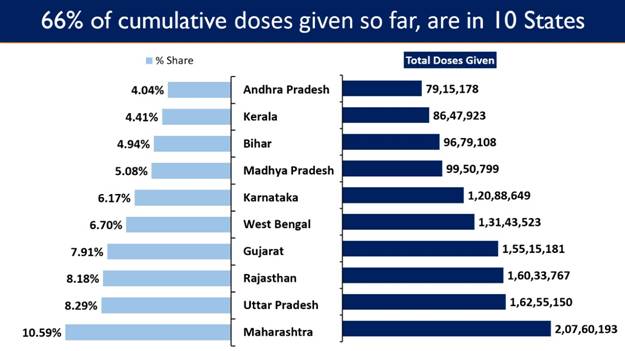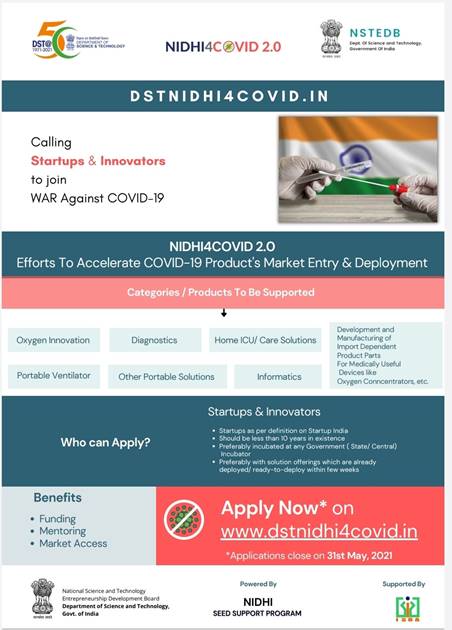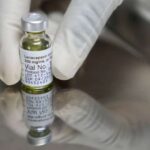In recent years, social media and podcast ads have introduced an intriguing proposition: probiotic supplements that promise to prevent hangovers if taken before drinking. These over-the-counter products, like Pre-Alcohol by ZBiotics, claim to minimize the physical effects of a hangover by processing the byproducts of alcohol consumption, namely acetaldehyde. But can these probiotic drinks really live up to the hype?
Eric Burke, a bourbon enthusiast and reviewer, decided to put Pre-Alcohol to the test. A self-proclaimed hangover sufferer, Burke was intrigued by the claims. After following the instructions—taking a dose of Pre-Alcohol followed by cocktails and dinner—he awoke the next morning feeling better than expected. The results led him to try the product again, this time consuming more alcohol. However, the outcome was different: a typical hangover followed, leaving Burke to reflect, “Well, I’m not 21 anymore.”
Hangovers, as experts explain, are caused by a combination of inflammation and oxidative stress in the body, with acetaldehyde, a byproduct of ethanol breakdown, playing a central role in the misery. Probiotic supplements like Pre-Alcohol and the Swedish Myrkl both aim to address this by introducing live bacteria that help process acetaldehyde before it can cause symptoms like nausea, stomach upset, and headaches.
ZBiotics CEO Zack Abbott insists that acetaldehyde is a major factor for most people’s hangovers and that Pre-Alcohol can lead to a better recovery, even if it doesn’t guarantee a perfect morning after. However, experts are cautious. Both ZBiotics and Myrkl are classified as dietary supplements by the U.S. Food and Drug Administration, which does not assess their claims. Additionally, microbiome specialists suggest that probiotics alone may not be a miracle cure for hangovers.
Karsten Zengler, a microbiologist at UC San Diego, notes that probiotics might not be as effective as advertised. While they can help break down alcohol’s byproducts in the intestines, only a small portion of ethanol is metabolized there. Most ethanol travels directly to the liver, where it is broken down by the enzyme alcohol dehydrogenase into acetaldehyde. Zengler suggests that the gut’s natural bacteria are already adept at metabolizing acetaldehyde, meaning adding more may not make a significant difference.
Despite the doubts, studies have shown that probiotics can effectively break down acetaldehyde under controlled lab conditions, and some research indicates that pre-party probiotic use may have beneficial effects. However, Joris C. Verster, a pharmacology professor at Utrecht University, remains skeptical. He stresses that there is no conclusive scientific evidence supporting the effectiveness of hangover supplements. “The only validated way to prevent a hangover is to drink less alcohol,” Verster said.
Dr. Daryl Davies, a clinical pharmacy expert at USC, echoes this sentiment. He suggests that hangovers are the body’s way of signaling that something is wrong and that continued heavy drinking is a sign of overindulgence.
While probiotic supplements may offer some relief for light drinkers, the hard truth is that moderation is the only scientifically proven method to avoid the dreaded hangover. So, while products like Pre-Alcohol may offer hope, drinking in moderation remains the most reliable path to avoiding a painful morning after.











